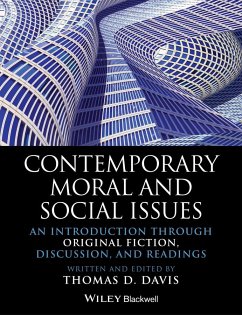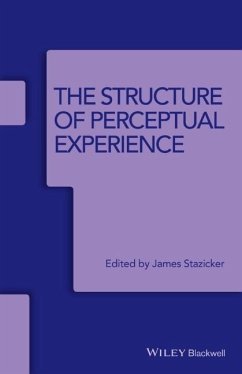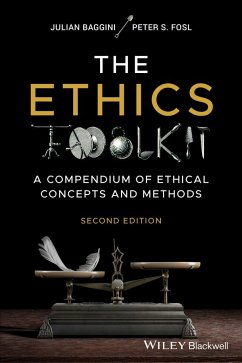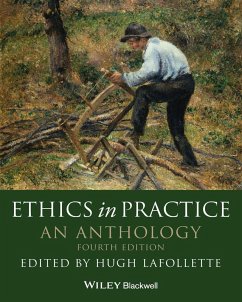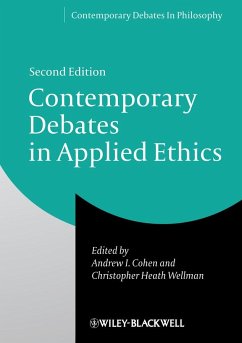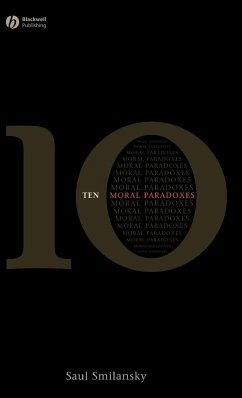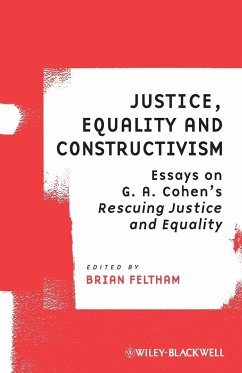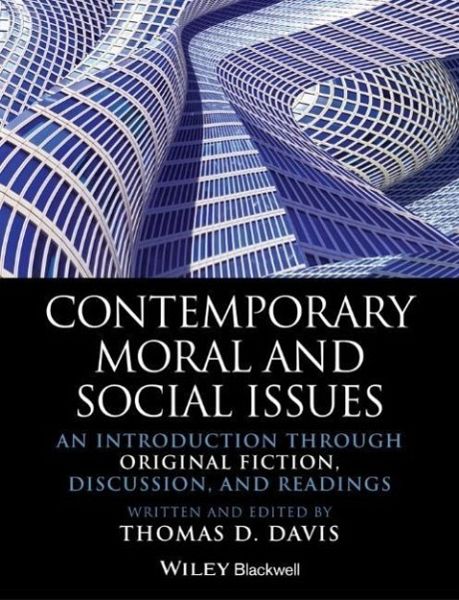
Contemporary Moral and Social Issues
An Introduction Through Original Fiction, Discussion, and Readings
Mitwirkender: Davis, Thomas D
Versandkostenfrei!
Versandfertig in über 4 Wochen
127,99 €
inkl. MwSt.
Weitere Ausgaben:

PAYBACK Punkte
64 °P sammeln!
Contemporary Moral and Social Issues makes innovative use of fiction as a vehicle for engaging students to think philosophically about ethical issues. The first three chapters provide a general dialogue on value theory, moral theory, and moral issues in politics. The subsequent five chapters delve more deeply into issues related to world poverty, abortion, animal welfare, the environment and genetic engineering. Also included within the text is original fiction dealing with each topic.
Contemporary Moral and Social Issues is a uniquely entertaining introduction that brings ethical thought to life. It makes innovative use of engaging, topically oriented original short fiction, together with classic and influential readings and editorial discussion as a means of helping students think philosophically about ethical theory and practical ethical problems.
Introduces students to ethical theory and a range of practical moral issues through a combination of key primary texts, clear editorial commentary, and engaging, original fiction
Includes discussion of topics such as world poverty, abortion, animals, the environment, and genetic engineering, containing "Facts and Factual Issues" for each topic to give students an up-to-date understanding of related factual issues.
Uses immersive, original short works of fiction as a means to engage students to think philosophically about serious ethical issues
Introduces students to ethical theory and a range of practical moral issues through a combination of key primary texts, clear editorial commentary, and engaging, original fiction
Includes discussion of topics such as world poverty, abortion, animals, the environment, and genetic engineering, containing "Facts and Factual Issues" for each topic to give students an up-to-date understanding of related factual issues.
Uses immersive, original short works of fiction as a means to engage students to think philosophically about serious ethical issues



